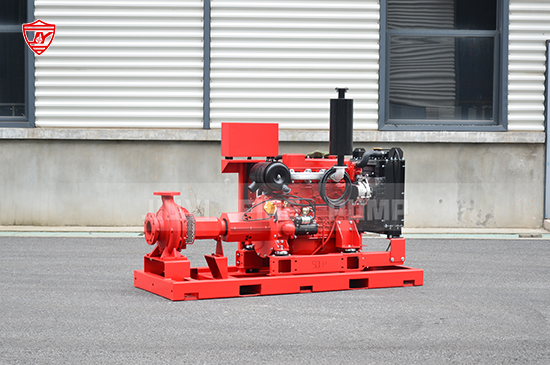Diesel engine fire pumps are essential for fire protection systems, but they can also be fuel-intensive. Optimizing fuel efficiency not only reduces operational costs but also ensures compliance with industry standards like NFPA 20. In this article, we will explore practical strategies to improve the fuel efficiency of diesel fire pumps.

Oversized or undersized fire pumps can lead to excessive fuel consumption. Properly sizing your fire pump based on system requirements helps optimize efficiency and performance.
Routine maintenance, including checking fuel injectors, air filters, and exhaust systems, ensures the pump runs smoothly and consumes fuel efficiently. Following manufacturer-recommended service intervals is key.
Using high-quality fuel minimizes deposits in the engine and enhances combustion efficiency. Regularly inspect and clean fuel tanks to prevent contamination.
Avoid unnecessary idling and test runs beyond what is required. Running the pump at optimal RPMs prevents excessive fuel consumption and reduces wear on engine components.
Proper airflow and cooling systems prevent engine overheating, which can lead to inefficient fuel use. Ensure the engine room is well-ventilated to maintain optimal operating temperatures.
Modern fire pumps come with advanced fuel injection systems and electronic controls that optimize fuel delivery. Consider upgrading to newer, more efficient models if your system is outdated.
Ensuring compliance with NFPA 20 not only improves safety but also helps maintain an efficient and well-maintained fire pump system. Regular audits and inspections will help identify fuel inefficiencies.
By implementing these strategies, you can significantly improve the fuel efficiency of your diesel fire pump, reducing costs while maintaining optimal fire protection. Regular maintenance, proper sizing, and operational best practices are key to long-term efficiency.